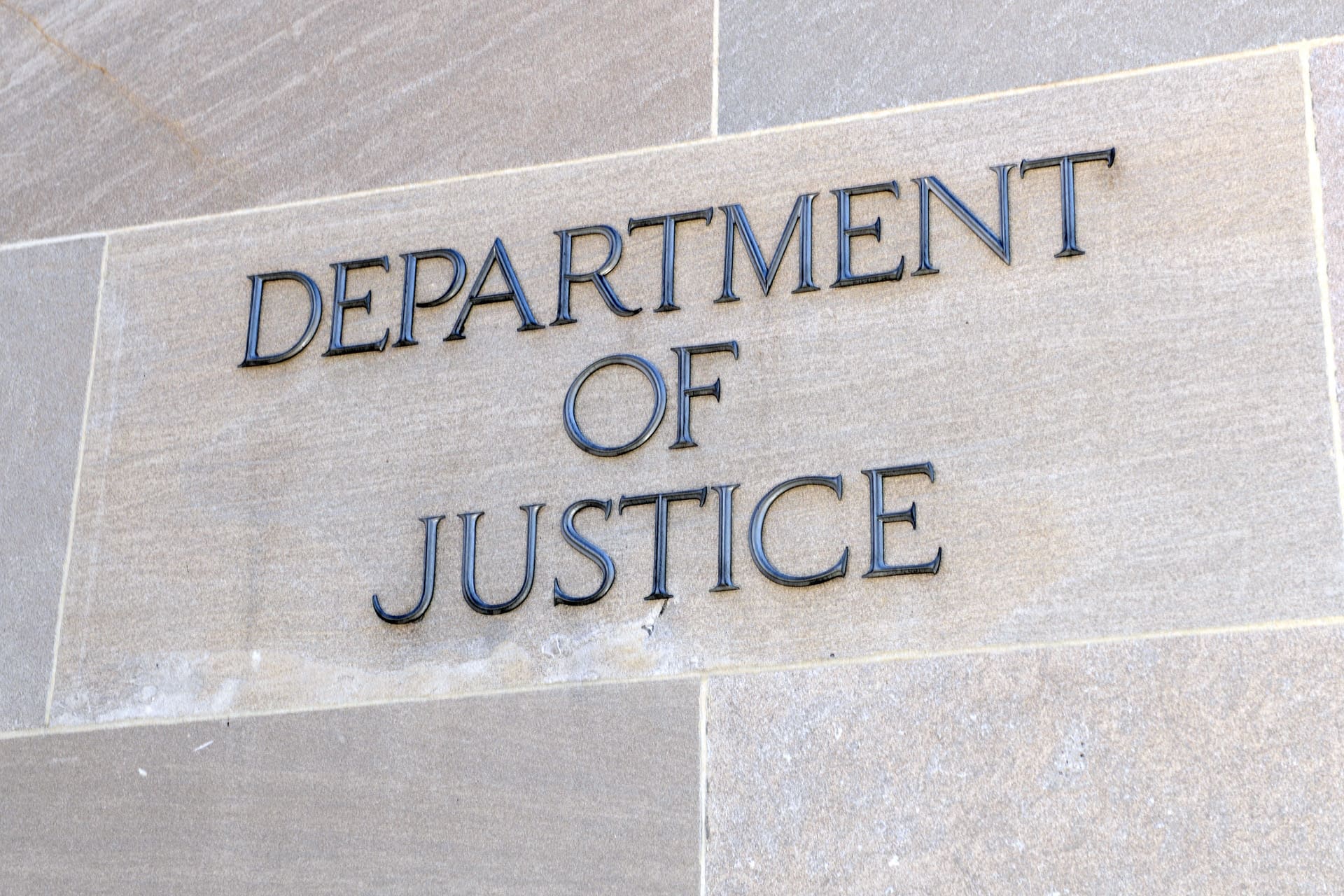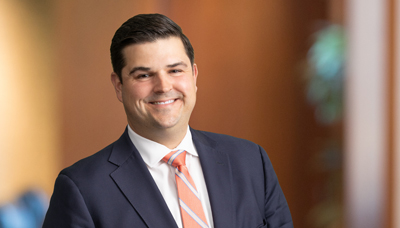The Department of Justice continues to signal its intense focus on deterring and prosecuting fraud in connection with the COVID-19 pandemic and under the CARES Act specifically. In the latest sign of this commitment, the DOJ’s Fraud Section has posted a position for a full time prosecutor located in the Major Frauds and Market Integrity Unit.
The Fraud Section has even created a new acronym to cover CARES Act fraud, CAF. The posting indicates that the newly created position will prosecute CAF. “CAF prosecutors are a subset of prosecutors focused upon investigating, prosecuting, and deterring fraud in the Small Business Administration’s (SBA) COVID-19 disaster relief programs, including the Economic Injury Disaster Loan (EIDL) program and the Paycheck Protection Program (PPP).”
The new hire is expected to carry out the typical duties of a Fraud Section Trial Attorney as well as develop “expertise in detecting and prosecuting fraud in SBA loan programs, and in SBA loan program rules and regulations; and in bank fraud, wire fraud, wire fraud affecting a financial institution, money laundering, false statements, obstruction, and conspiracy offenses.”
This posting comes as the Fraud Section, in conjunction with local U.S. Attorney’s Offices, continues to bring cases focused on fraud in the PPP loan program. These recent announcements of PPP related prosecutions note that the “Fraud Section leads the Department of Justice’s prosecution of fraud schemes that exploit the CARES Act. In the Months since the CARES Act was passed, Fraud Section Attorneys have prosecuted more than 100 defendants in more than 70 criminal cases.”
The new announcement shows a continued commitment to CAF enforcement, and new threats to those that sought to profit off the government’s relief efforts targeting the pandemic. It is not yet clear whether this position is earmarked for an existing Fraud Section prosecutor (as is often the case with postings this specific) or whether they will seek expertise from outside the section. What is clear is that the DOJ’s commitment to enforcement in this area is considerable, and we can expect that commitment to be met with additional funding and resources that will likely result in significantly more prosecution of CAF fraudsters.











/Passle/6488d4630e7e25c9ac9f834a/SearchServiceImages/2024-11-14-13-11-27-495-6735f6fff42d6cc59c8ec5c1.jpg)
/Passle/6488d4630e7e25c9ac9f834a/SearchServiceImages/2024-11-11-22-02-38-042-67327efe31216b909e6ea644.jpg)
